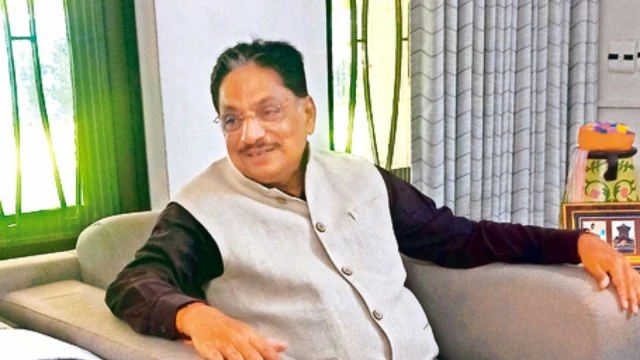
Revised Pay Structure Aims to Attract Experts to Government Hospitals, Boost Rural Healthcare
Ahmedabad: In a significant step to strengthen healthcare services across Gujarat, the state government has revised and increased the honorarium for private visiting specialists and super-specialist doctors working in district hospitals, sub-district hospitals, and community health centres under the Chief Minister’s Setu Scheme.
The announcement, made during a state cabinet meeting chaired by CM Bhupendra Patel, reflects the government’s intent to improve medical access, especially in rural and underserved regions.
Revised Honorarium for Specialists
Under the updated structure:
- Surgical and Non-Surgical Super-Specialists will now uniformly receive ₹8,500 per day for a minimum of three hours of service.
- All categories of visiting specialists will now receive ₹4,200 per day, a significant hike from previous rates.
Previously:
- Paediatricians and general physicians were paid ₹3,000/day.
- Other specialists received just ₹2,000/day.
- Surgical super-specialists were paid only ₹2,700/day compared to ₹8,500 for non-surgical ones.
The new equal pay for super-specialists corrects this disparity and is expected to motivate more professionals to serve in public healthcare facilities.
Expanded Budgetary Powers for Health Institutions
The government has also increased financial autonomy for medical officers and hospital purchase committees to streamline procurement of essential supplies. Revised limits include:
- PHCs and DTTs: Can now approve purchases up to ₹50,000 (up from ₹20,000).
- CHCs: Limit increased to ₹1 lakh (from ₹20,000).
- District/Sub-District Hospitals: Spending cap raised to ₹2 lakh (from ₹25,000).
- Medical Colleges: Limit increased to ₹5 lakh (from ₹2 lakh).
These funds can be used for urgent needs such as medicines, diagnostic kits, x-ray materials, medical equipment, and emergencies.
Policy Expected to Bolster Public Health System
Health Minister Rushikesh Patel, who announced the policy, emphasised that the revised pay structure and enhanced financial powers are intended to attract qualified specialists, ensure timely availability of healthcare services, and reduce dependency on urban centres for treatment.
The move aligns with broader efforts like those by the National Health Mission (NHM) and other state-led initiatives to incentivise rural postings and improve health infrastructure across India.
Experts believe this step will enhance patient care quality, especially in backward regions, and address the shortage of specialist doctors in public hospitals.

